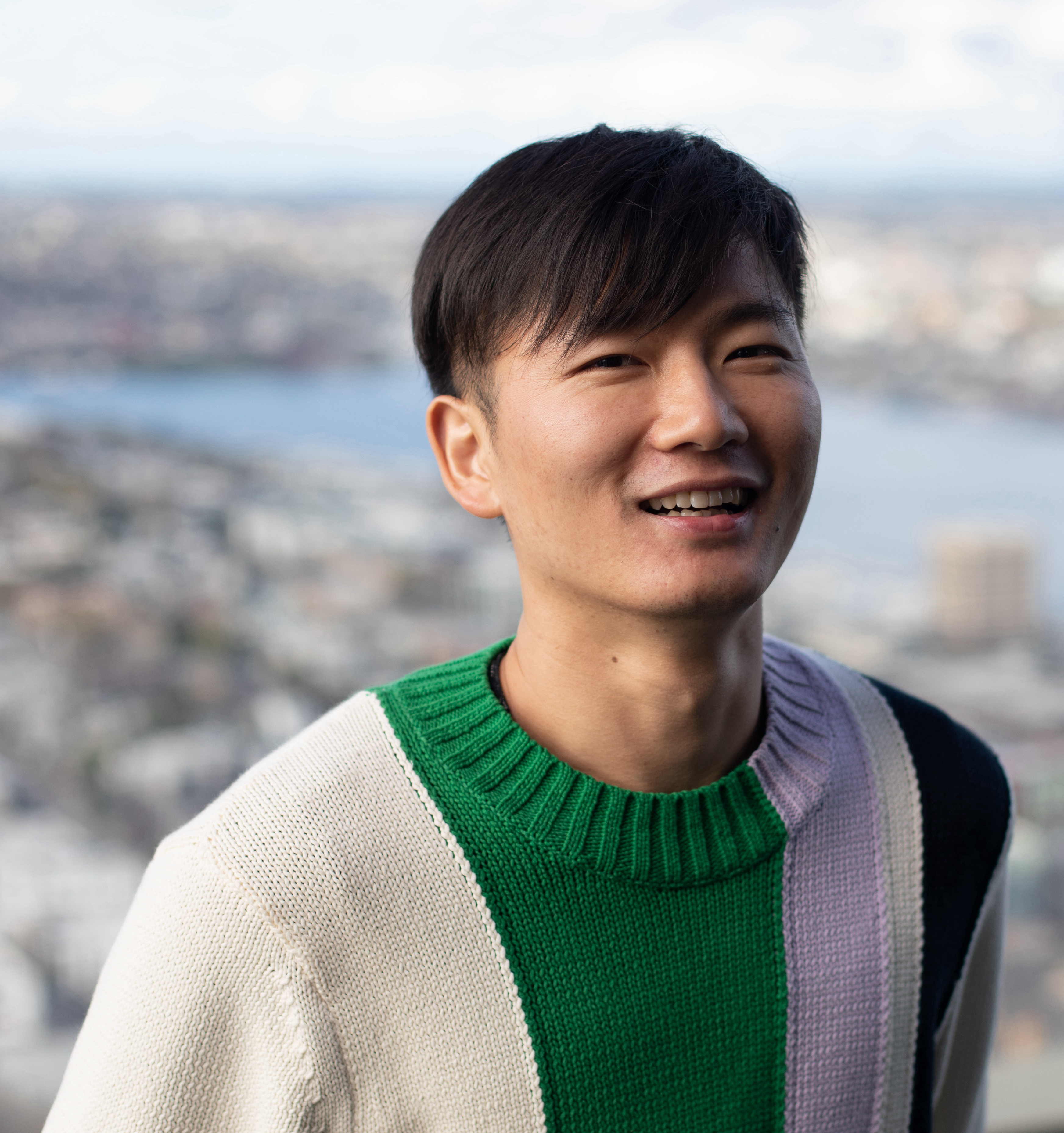Heng Yang
Assistant Professor at Harvard SEAS
Robotics, Polynomial and Semidefinite Optimization, Control, Learning

I am an Assistant Professor of Electrical Engineering in the School of Engineering and Applied Sciences (SEAS) at Harvard University.
I direct the Computational Robotics Group at Harvard University. My group is broadly interested in the intersection of theory and practice, particularly computational algorithms that are robust, efficient, offer strong performance guarantees, and supercharge the next generation of intelligent systems.
I obtained my Ph.D. in Robotics from the Massachusetts Institute of Technology, where I was fortunate to work with Luca Carlone in the Laboratory for Information and Decision Systems.
I am also a part-time research scientist at NVIDIA Research.
News
| Dec 11, 2025 | Presented “Semidefinite Relaxations for Robot Perception and Control: From Theory to Practice and Back” in the Seminar Series of IEEE RAS TC on Model-based Optimization for Robotics. Video recording can be found here. |
|---|---|
| Nov 6, 2025 | Presented “Semidefinite Relaxations for Robot Perception and Control: From Theory to Practice and Back” in the Robotics Engineering Colloquium at Worcester Polytechnic Institute. Slides can be found here. |
| Oct 27, 2025 | Presented “Revisit the Alternating Direction Method of Multipliers for Semidefinite Programming: Theory and Practice” in UT Austin’s Data & Algebra Seminar and at the INFORMS Annual Meeting. Short slides can be found here. |
| Apr 17, 2025 | Presented Local Linear Convergence of the Alternating Direction Method of Multipliers for Semidefinite Programming under Strict Complementarity at Department of Mathematics, University of Maryland. Slides can be found here. |
| Oct 29, 2024 | Presented Control-oriented Clustering of Visual Latent Representation at University of Minnesota CSE DSI Machine Learning Seminar |
| Oct 10, 2024 | Presented The Power of Modern Convex Optimization in Nonconvex Perception, Control, and Learning at Northeastern University, INRIA Paris, and LAAS-CNRS Toulouse |
| Aug 31, 2024 | I infrequently update my personal website. For frequent updates, please check out my group website. |
| Mar 22, 2024 | Presented Fast and Certifiable Approximation of Pose Uncertainty Sets in the INFORMS Optimization Society conference. |
| Feb 6, 2024 | Preprint on discounted adaptive online prediction, as a downstream application, we give a better algorithm for performing online adaptive conformal prediction! |
| Jan 31, 2024 | Preprint on sparse polynomial optimization with unbounded sets, as an application, we solve optimal control of the Van der Pol oscillator to certifiable global optimality. Congrats to Shucheng! |
Awards & Recognitions
| 2025 | Best Systems Paper Award in Memory of Seth Teller (as advisor), Robotics: Science and Systems |
|---|---|
| 2025 | Best Paper Award Finalist (as advisor), IEEE RAS TC on Model-based Optimization for Robotics |
| 2022 | MIT LIDS/ALL Magazine: Honing Robot Perception |
| 2021 | MIT News Spotlight: Making self-driving cars safer through keener robot perception |
| 2021 | Best Paper Award Finalist, Robotics: Science and Systems |
| 2021 | Robotics: Science and Systems (RSS) Pioneer |
| 2020 | Graduated Non-Convexity (GNC) algorithm included in Matlab Navigation Toolbox and appeared in MathWorks News and Stories |
| 2020 | Best Paper Award Honorable Mention, IEEE Robotics and Automation Letters |
| 2020 | Best Paper Award in Robot Vision, International Conference on Robotics and Automation |
| 2019 | MIT News Spotlight: Spotting objects amid clutter |
| 2015 | Tsinghua Presidential Scholarship (Tsinghua News Spotlight) |